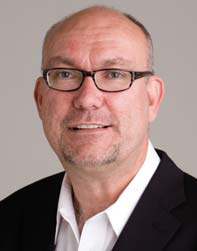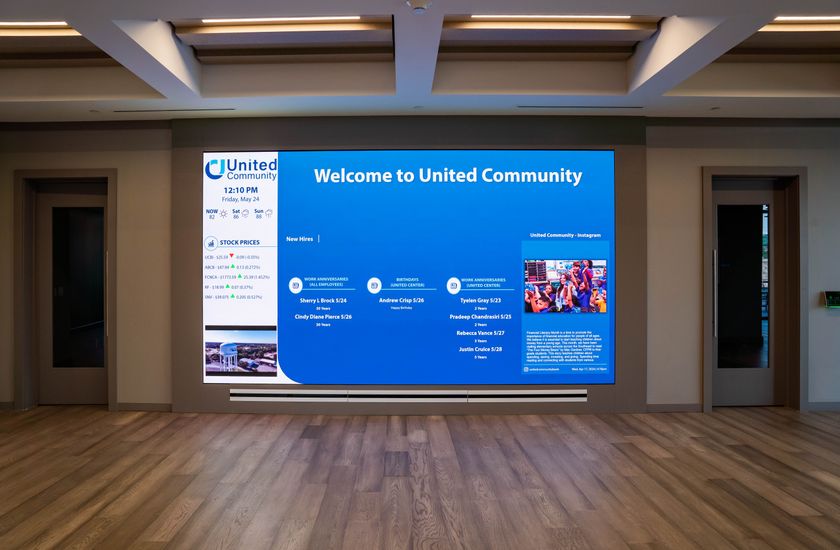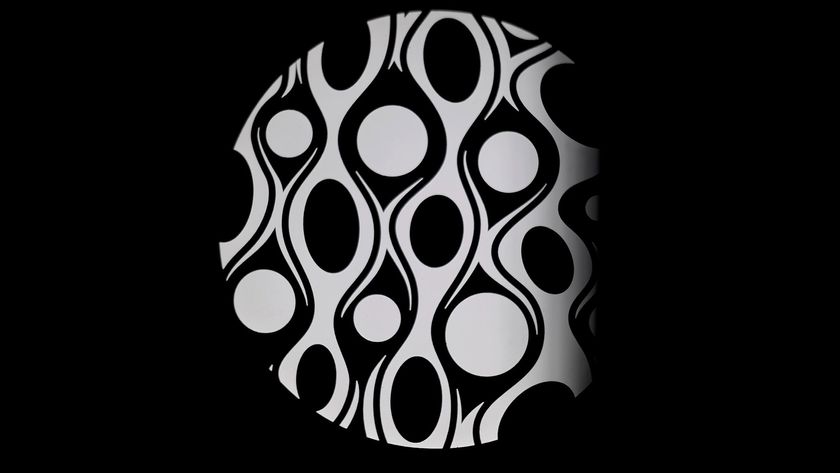When the term ‘quality’ is applied to AV system installations, some tend to first think only about the relative value or usefulness of the individual components that make up the system. Are they of “good quality?” However, the true overall quality of an AV system is determined by many factors. These include the design, installation, and actual operation. All of these contribute to the end result— the quality of the experience delivered to the audience.
An AV system’s capability for delivering quality to the listener or viewer is governed by good design and best installation practices for a given budget. But the actual subjective quality of what comes out of the system is also highly dependent upon program content and the proficiency of the designated system operator. In fact, the true value of a new system to an owner may be largely determined by the quality of the audio or video media used and expertise of the operator.
How many times have we seen a poor-resolution image or heard a highly compressed MP3 audio track used on an AV system with much more capability for excellence? In today’s world of online audio and video program content that is compressed and designed for quick ingestion and playback by a home computer, there is a good chance that poor quality content can find its way into any venue’s professional media library, unless a strict internal review process is in place by the owner. How many of us actually challenge our customers to recognize this critical element in the ultimate performance of the system?
In addition to the varying quality of program content, the habits and attitudes of an operator who successfully controlled a previous system comprised of older technology may not translate well to a new, more quality-oriented system installation. A well-designed and installed AV system can easily get poor reviews if the operator is not up to the task. This predicament can be especially significant on high-performance systems where the skill of the operator is integral to obtaining the best results.

When a system of average quality is controlled by an average operator, the results will probably be average, too. This is predictable. But, with an increase in system performance capability comes the need to increase production values during operation, a factor that depends on the proficiency of the operator.
An owner sometimes confuses the issue of operator proficiency with the quality of training provided by the installing contractor at the conclusion of the installation. Training involves passing on knowledge about how a particular system works—not the basic fundamental knowledge, technique, and level of skill on the part of the operator that will be necessary to maximize the new system’s capacity for quality. Never underestimate the amount of effort required to train an operations staff. However, if during the training process it becomes evident that the trainee’s qualifications or desire to learn are not up to the challenge, it is important to bring this to ownership’s attention.
The subject of operator ability can sometimes be a delicate one to raise. Explain to the owner that along with being taught the complexities of a specific AV system configuration, an operator requires a prerequisite knowledge and understanding of best operating practices in general, at a level that matches the new technologies installed.
The topic of maximizing quality transcends audio, video, and broadcast systems. Whether in classrooms, broadcast studios, houses of worship, auditoriums, or sports stadiums, the final step in achieving quality is dependent on the quality of program content and the skill level of the operator. Each situation is unique— however each situation is the same, in that given a system’s capability, the resulting quality is directly dependent on the methods and technique employed by the owner and staff.
The closeout of any new AV installation should include a forum to discuss with the owner the results of operator training and a review of the quality of the program content to be regularly used. Be sure to make time to consider this important dynamic when embarking on your next project to insure these factors are addressed.
Ted Leamy (ted@promediaultrasound. com) is the COO of Pro Media/Ultra- Sound, an audio-video installation and tour-sound contractor.











